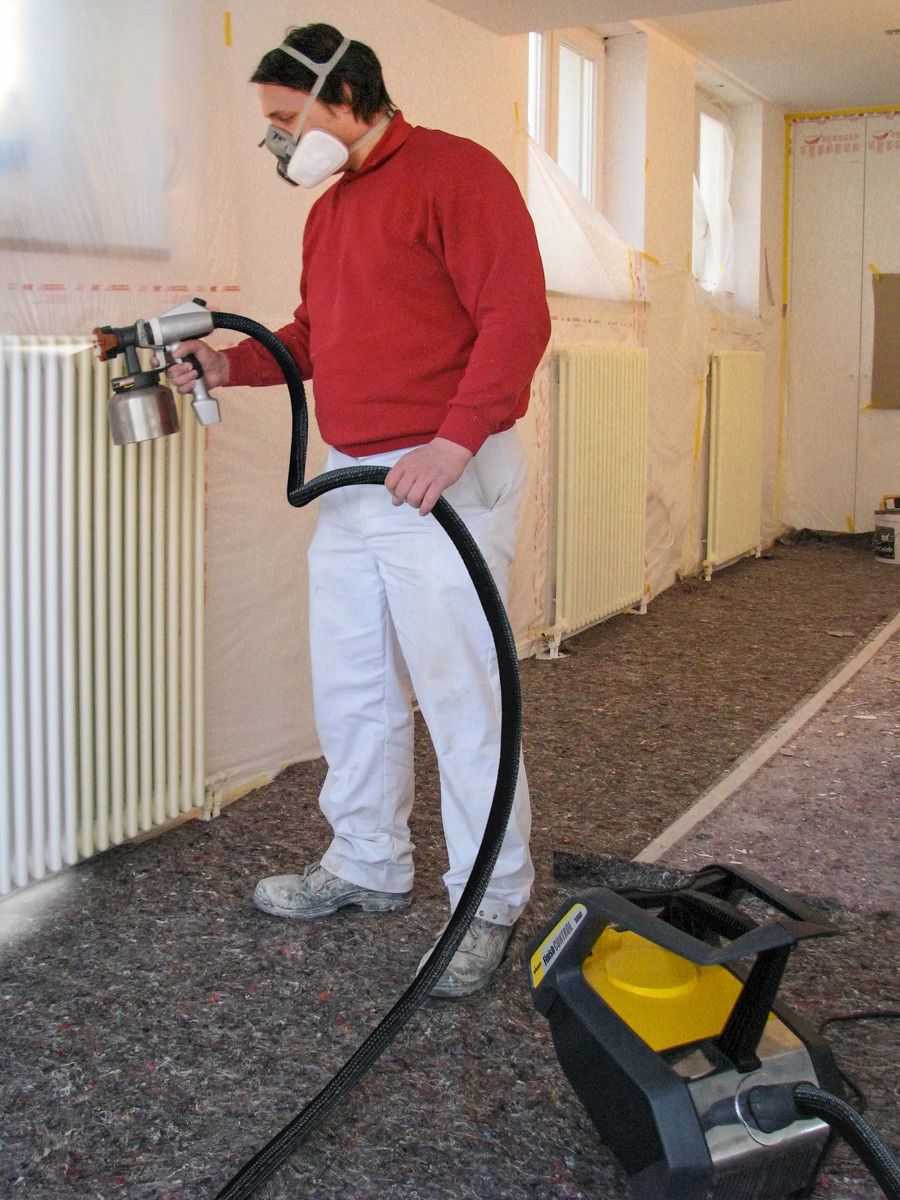

There are some key things you need to know to clean safely and effectively. Of the two, the risk is higher with gas-engine machines owing to the fact that they’re generally more powerful. However, pressure washers by their nature demand careful and deliberate handling, both for your sake and that of whatever you’re cleaning.īoth electric and gas pressure washers can damage surfaces. Pressure Washer SafetyĪll the machines we tested were safe to use, and we encountered nothing in them that caused us any concern. Also, gas engine pressure washers are best stored over the winter in the garage or an outbuilding. Today’s alcohol-containing gasoline quickly degrades and can damage fuel-system parts like carburetors and gas lines. Not to mention you have to be careful about fuel degradation.
#Price home rite power flow pro paint sprayer plus
A gas engine is much louder than an electric motor, plus requires maintenance in the form of oil changes, replacement air filters, and a yearly check or change of the spark plug. The power afforded by a gas engine can drive a large and powerful pump, enabling these machines to shoot water to higher surfaces, clean heavier deposits of mold and dirt, and even slice thick deposits of mud from equipment such as farm machinery, trucks, and off-road vehicles. Gas: These are best suited to heavy-duty cleaning. As a bonus, they’re easy to store indoors during the winter. These are much quieter than gas-engine pressure washers, and they need hardly any maintenance. Their motor, cord, and ground-fault circuit interrupter (GFCI) can get extremely hot. They’re not well suited to heavy-duty cleaning or long sessions in the height of the summer. They work well on wood and synthetic decks that need only gentle cleaning, all types of outdoor furniture, single-floor ranch houses, all types of exterior siding, and will clean the undercarriage of a pickup truck.

They have enough power for general washing of outdoor surfaces. One is not necessarily better than the other, but which you buy will depend on your cleaning needs, budget, and how you feel about maintaining the equipment you own.Įlectric: These are best suited for brief cleaning sessions, running from 15 to 30 minutes. The pump that provides the high-velocity jet of water out of a pressure washer may be driven by a gas engine or an electric motor. Read our pressure washer background below, then the reviews, and keep scrolling to look at some recent machines that we haven't tested (yet) but that we will be moving through our test cycle in the weeks ahead. Our goal was to find out which are the kings of clean and, of those we tested, we list only the handful of the top performers below. We tested more than a dozen pressure washers, some powered by gasoline engines and others powered by electric motors. Bonus: these machines use less water per square foot to clean than spraying with a garden hose. They not only clean with the mechanical action of high-pressure water, they also scrub with the chemical action supplied from cleaners in the machines' onboard tanks (some machines siphon cleaner out of a nearby bucket). To keep the fun as you get ready for summer and make short work of dirty surfaces, turn to a pressure washer. All this nastiness seems to collect on any outdoor surface from your house's siding and outdoor furnishings to sidewalks and driveways. Outdoor and yard projects kick back into high gear as the weather turns warmer, but so does dirt, mildew, and mold.


 0 kommentar(er)
0 kommentar(er)
